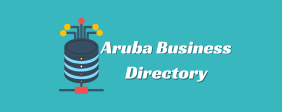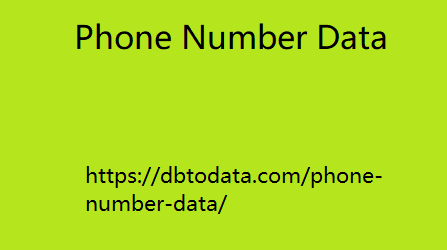Effective problem-solving is a valuable skill that can benefit individuals and organizations alike. By developing strong problem-solving abilities, you can overcome challenges, make better decisions, and achieve your goals.
Why Problem-Solving Matters
Enhanced Decision Making: Problem-solving Taiwan Phone Number Data skills help you analyze situations, evaluate options, and make informed decisions.
Increased Resilience: The ability to overcome challenges and find solutions can boost your resilience and confidence.
Improved Creativity: Problem-solving often requires creative thinking and innovative approaches.
Enhanced Leadership:
Effective problem-solving is a key leadership trait, as it demonstrates the ability to navigate complex situations.
Personal Growth: Developing problem-solving skills can lead to personal growth and self-improvement.
Strategies for Improving Problem-Solving
Define the Problem Clearly: Clearly KHB Directory identify the problem you’re trying to solve. Break it down into smaller, more manageable components.
Gather Information: Gather all relevant information and data to understand the problem fully.
Brainstorm Solutions: Generate a variety of potential solutions without judging them initially.
Evaluate Options: Analyze each solution, considering the pros and cons.
Choose the Best Solution: Select the solution that is most effective, feasible, and aligned with your goals.
Implement the Solution: Put your chosen solution into action and monitor the results.
Learn from Mistakes: If the solution doesn’t work as intended, analyze the situation and learn from your mistakes.
Common Problem-Solving Roadblocks
Fear of Failure: Fear of failure can Country Wise Email Marketing Data hinder your ability to take risks and explore new solutions.
Lack of Creativity: Sometimes, thinking outside the box is necessary to find innovative solutions.
Overconfidence: Overconfidence can lead to tunnel vision and prevent you from considering alternative perspectives.
Limited Perspective: A narrow perspective can limit your ability to identify potential solutions.
Overcoming Challenges
Challenge Assumptions: Question your assumptions and consider different perspectives.
Seek Diverse Input: Collaborate with others to get different viewpoints and ideas.
Practice Mindfulness: Mindfulness can help you stay calm and focused when faced with challenges.
Celebrate Successes: Reward yourself for overcoming challenges and achieving your goals.
By developing strong problem-solving skills, you can overcome challenges, achieve your goals, and become a more effective leader.

